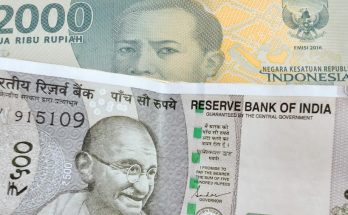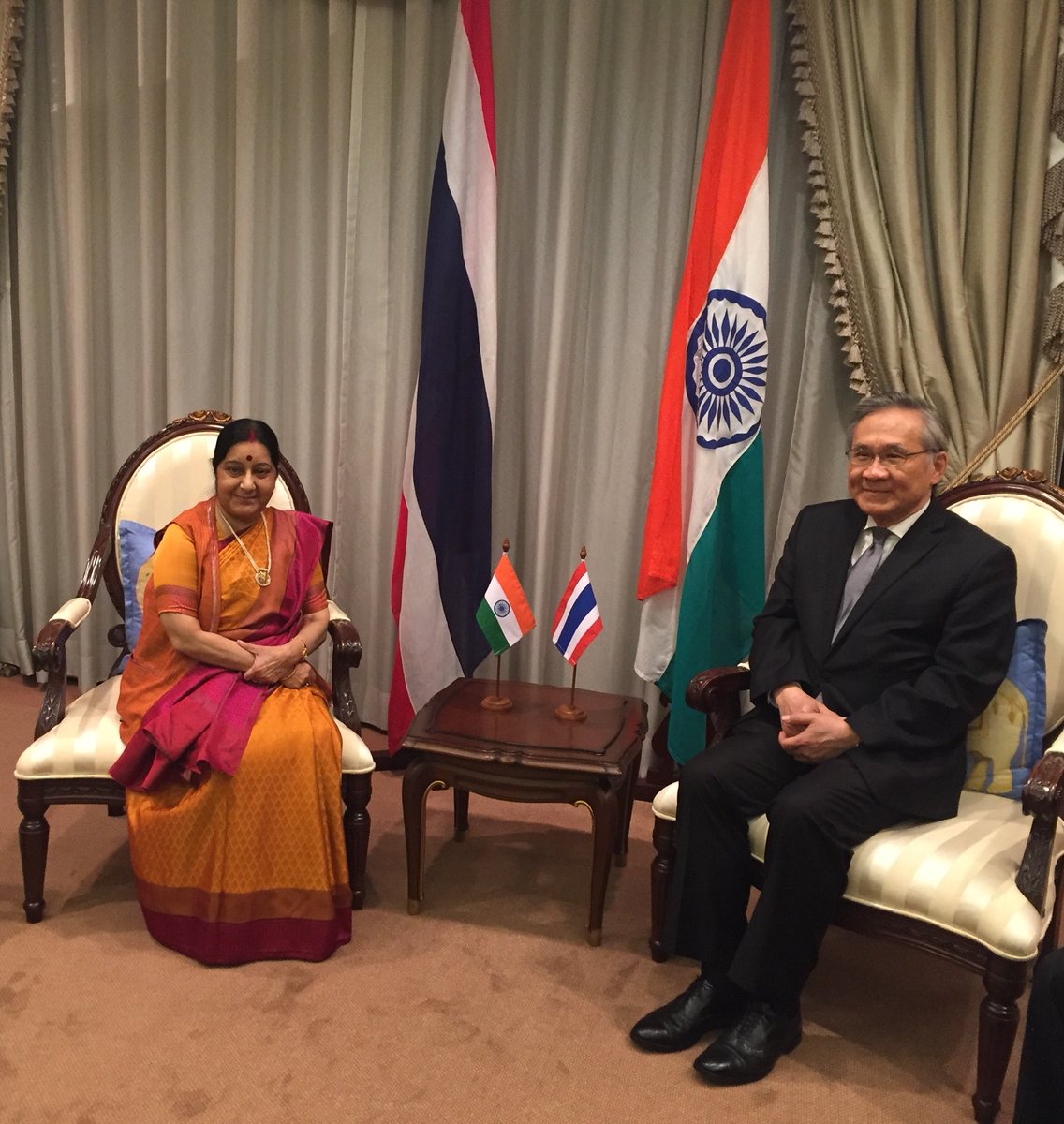With an eye on China, India and Indonesia, Asia’s most populous democracies and emerging powers, have firmed up a blueprint for enhancing maritime cooperation and resolved to jointly combat terror. In a calculated move that is set to antagonise Beijing, India has backed Indonesia on the latter’s escalating dispute with China on territorial claims in South China Sea.
The talks between Prime Minister Narendra Modi and Indonesia’s President Joko Widodo in New Delhi on December 12 have culminated in an ambitious joint statement to upscale strategic partnership, with concrete plans for expanding bilateral defence and maritime cooperation. The first visit by Jokowi, as the Indonesian president is popularly known in his country, to India has been closely watched in China, which looks at India’s attempts to forge closer strategic ties with ASEAN countries as part of its calibrated containment strategy.
China was the elephant in the room when PM Modi and his Indonesian counterpart held talks in the Indian capital as both India and Indonesia count China as their largest trading partner, but have unease about Beijing’s hegemonistic intentions. Managing the China challenge without getting into the containment trap is a shared concern for both countries.
The talks rightly prioritised expanding defence and security cooperation as a core priority to actualise the full potential of this sub-optimal relationship. “As two important maritime nations that are also neighbours, we agreed to cooperate to ensure the safety and security of the sea lanes, in disaster response and environmental protection,” said Mr Modi.
Another important takeaway from the latest round of high-profile engagement between the leaders of India and Indonesia was a convergence of positions on terrorism that thrives on sanctuaries provided by states with vested interests.
This strategic concord between Asia’s emerging economies on issues of terrorism and South China Sea is a signal to China that there is not much room for ambivalence and sent a message to the region that the entire Asian hemisphere benefits from a collective approach to regional security.
Read More


